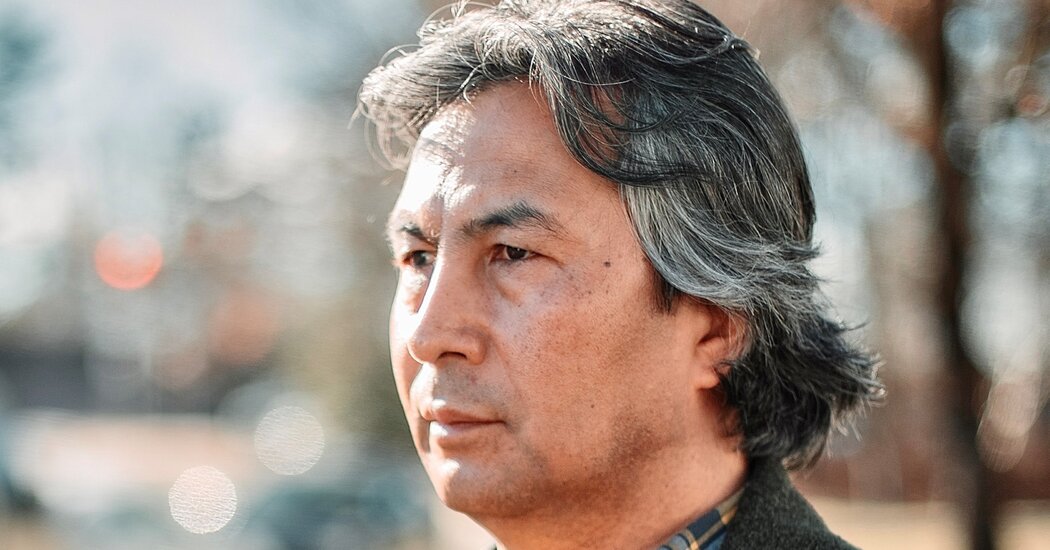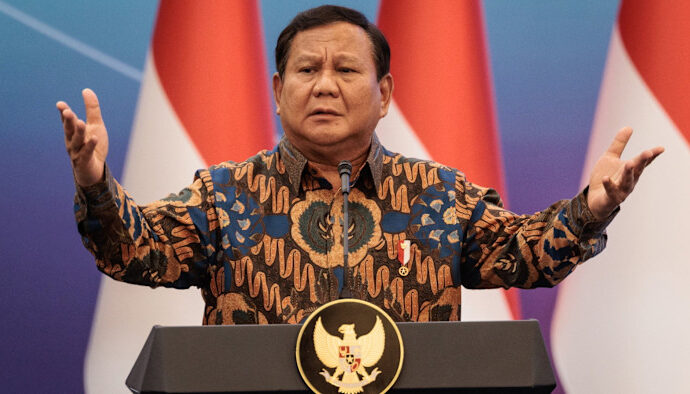
But their departure is no triumph. When Izgil calls his mother after arriving in the United States, the police in China confiscate her cellphone and ID card, returning them only after Izgil’s father and brother sign an affidavit promising never to speak to Izgil again. His friends delete his contact info on WeChat.
Despite these precautions, some of his relatives are swept up in the mass detentions that have ensnared more than one million Uyghurs. Izgil cannot enjoy the uneasy freedom of life in the United States. With little English, he supports himself as a driver. As his translator, Joshua L. Freeman, writes in an introduction to the book, “If you took an Uber in Washington, D.C., a few years ago, there was a chance your driver was one of the greatest living Uyghur poets.” Izgil struggles with writer’s block and guilt. “We live with the coward’s shame hidden in that word ‘escape,’” he writes.
The Uyghur story is maddeningly difficult to tell. Since the wave of violence in 2009, sporadic attacks by Uyghurs on government offices and police stations have made them unpopular among many Chinese, and have limited sympathy for them elsewhere. Last year, the billionaire venture capitalist Chamath Palihapitiya, a part owner of the N.B.A.’s Golden State Warriors, was criticized for commenting, on an episode of his podcast, “All-In,” that “nobody cares about what’s happening to the Uyghurs.”
Izgil is a soft-spoken poet, not an orator or activist; that’s perhaps one reason his understated account is so effective. A guest (via Zoom) at an international journalism class I taught at Princeton last year, he said that he hadn’t wanted to be reduced to a spokesman for a cause but quickly realized that he was morally obliged to use his talents for this purpose.
There is credible evidence that among the abuses the Chinese have inflicted on the Uyghurs are torture, rape and forced sterilization, but their story is not primarily one of physical harm. It’s about a government controlling its population with propaganda and technology. Although some of the study centers have closed since 2019, mass detention persists, and China is perfecting its surveillance through other measures — smartphones, closed-circuit cameras, facial recognition and other biometric data — while extending its reach far beyond its borders, so that escapees like Izgil cannot communicate with their families. You don’t need bloodshed to instill fear.


